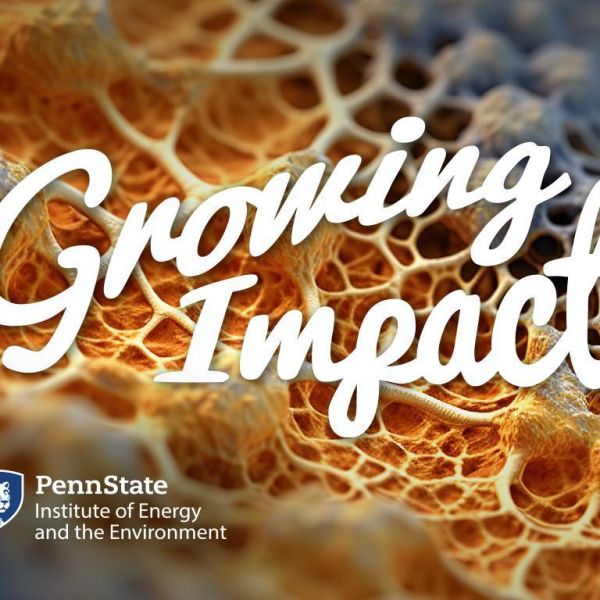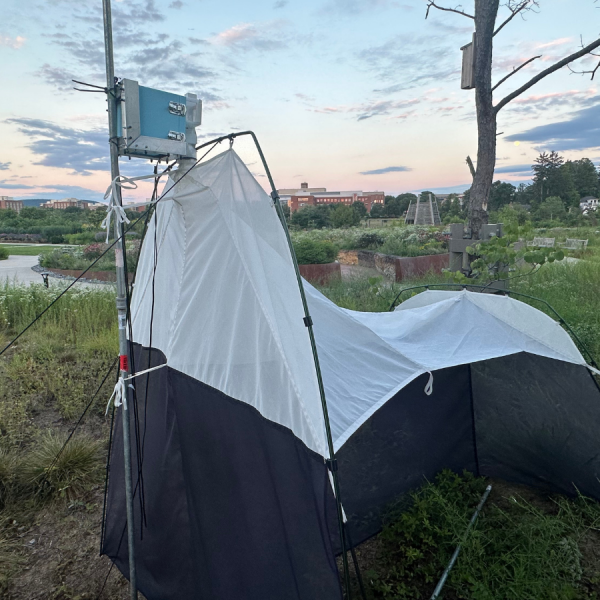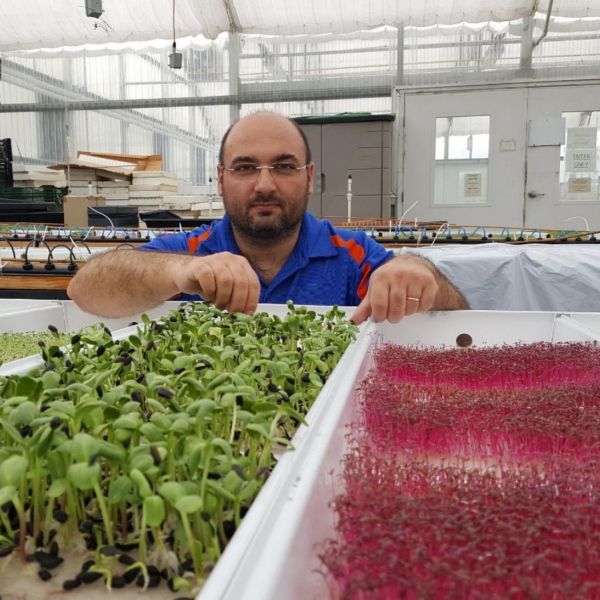News

Sep 05, 2023
Invasive spotted lanternfly may not damage hardwood trees as previously thought
New long-term research about the spotted lanternfly led by Penn State has revealed that hardwood trees, such as maple, willow and birch, may be less vulnerable than initially thought.
Full Article

Sep 01, 2023
'Growing Impact' podcast discusses fungi as a possible plastic waste solution
Season 4 of the "Growing Impact" podcast opens with an episode that dives into plastic waste, specifically plastic film, and a potential biological solution to help upcycle the material.
Full Article

Sep 01, 2023
New updates come to 'Beescape,' an online tool for supporting pollinators
New updates have come to Beescape, an online tool created by a Penn State-led team for assessing the quality of landscapes for supporting bees and other pollinators.
Full Article

Aug 31, 2023
Richard Roush to step down as dean of the College of Agricultural Sciences
Richard Roush is stepping down as dean while László Kulcsár steps in as interim dean starting September 17.
Full Article

Aug 29, 2023
Herbs and spices tout taste and health as saturated fat, salt replacements
A team of Penn State researchers has figured out how to remove some saturated fat, sugar and salt from popular American foods while maintaining their tastiness. The trick? Replacing these overconsumed nutrients with a dose of healthy herbs and spices.
Full Article

Aug 28, 2023
Penn State receives $3M grant to address insect biodiversity crisis
Penn State researchers have received a $3 million grant from the National Science Foundation to spearhead a new initiative to create novel monitoring systems for insect populations.
Full Article

Aug 25, 2023
Select microgreens in custom diet may help deliver desired nutrients
A diet including a carefully selected assortment of microgreens may help address an individual’s nutritional deficiencies, according to a Penn State researcher who led an international team that evaluated the mineral content in young specimens of many different plant species.
Full Article

Aug 25, 2023
College of Medicine faculty receive biomedical artificial intelligence grants
Penn State College of Medicine leaders awarded $225,000 in pilot funding to researchers as a part of its strategic plan focused on artificial intelligence and biomedical informatics.
Full Article

Aug 24, 2023
Penn State again named among nation's most LGBTQ-friendly universities
Penn State has once again earned a spot on Campus Pride’s “Best of the Best” LGBTQ-friendly College and Universities list, achieving an overall 5 out of 5 stars in the Campus Pride Index for 2023. Institutions are evaluated on eight LGBTQ-friendly factors, including housing, campus safety, academics, student life, and recruitment and retention efforts.
Full Article

Aug 24, 2023
Douglas Wolfe named AVP for Research, director of strategic initiatives
Douglas E. Wolfe has been named the new associate vice president for Research, director of strategic initiatives (AVPR-SI) within the Office of the Senior Vice President for Research (OSVPR) at Penn State, effective Sept. 18.
Full Article